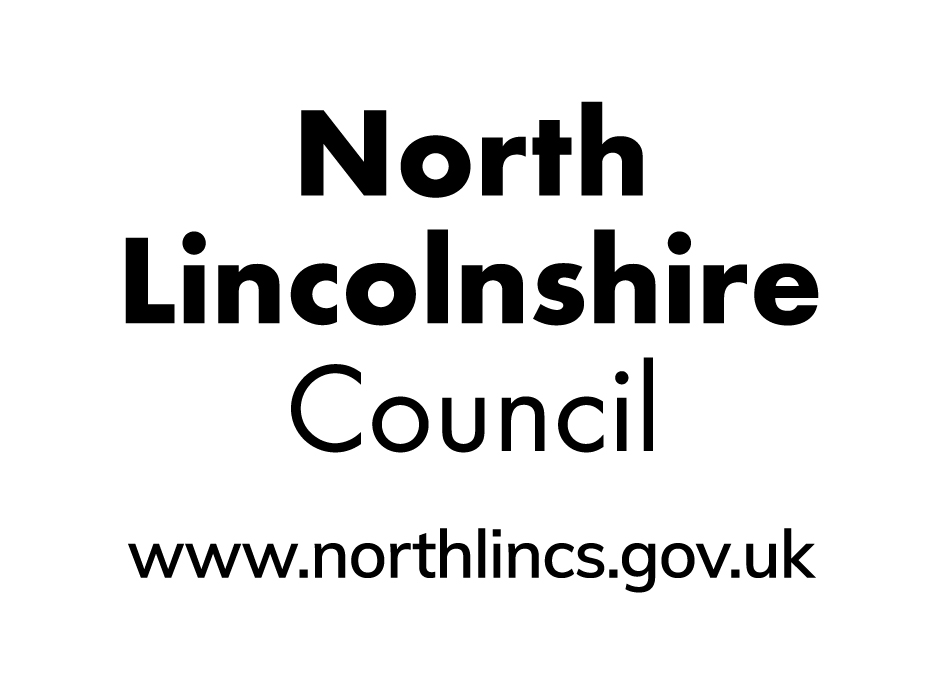National Curriculum
The national curriculum is a set of subjects and standards used by primary and secondary schools so children learn the same things. It covers what subjects are taught and the standards children should reach in each subject.
The national curriculum begins when children begin key stage one at the age of five. Children who are attending school nursery and reception class follow the Early Years Foundation Stage (EYFS). You can find out more about the EYFS and how you can support your child’s learning in the what to expect in the EYFS guide for parents
Other types of school like academies and private schools don’t have to follow the national curriculum. Academies must teach a broad and balanced curriculum including English, maths and science. They must also teach religious education.
Visit GOV.UK for more information about key stages of education.
Support in Mainstream Schools
What is SEN support?
Every child with special educational needs should have SEN support. This means help that is additional to or different from the support generally given to most of the other children of the same age.
The purpose of SEN support is to help children and young people achieve the outcomes or learning objectives set for them by the school in conjunction with parents and pupils themselves.
Every school must publish an SEN information report about the SEN provision the school makes. You can find this on the school’s website. You can also ask your child’s teacher or the school’s Special Educational Needs Coordinator for information on the SEN provision made by the school.
The Local Offer published by North Lincolnshire Council also sets out what support it expects early years settings, schools and colleges to make for all children and young people with SEN or disabilities.
You can find out about the funding of SEN support below.
This page contains some public sector information licensed under the Open Government Licence v3.0.




